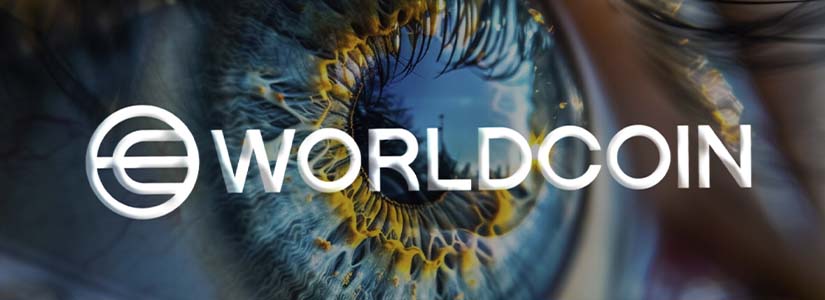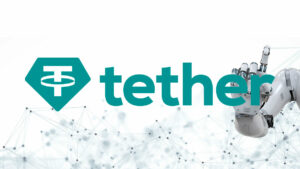TL;DR
- Worldcoin challenges the ethical boundaries of technology by compromising biometric data in the name of innovation.
- The closed WLD network contradicts blockchain decentralization, exposing sensitive data to critical vulnerabilities.
- The combination of ZK-proofs and fully homomorphic encryption offers a pathway to more secure and ethical digital identities.
Blockchain technology has established itself as a tool for transforming data management, but cases like Worldcoin highlight the dangers of implementing solutions that compromise privacy and security. This project, which aims to verify users’ “humanity” through biometric scans, is a potential threat to the preservation of users’ personal data.
Centralization and Opacity: A Fundamental Contradiction
Despite the decentralized principles it supposedly follows, Worldcoin operates on a centralized infrastructure where only a closed group of nodes controls the network. This approach, contrary to the ethos of transparency inherent in public blockchains, turns the biometric data of millions of users into easy targets for external attacks and internal abuses. There is no room for black boxes in the management of information as sensitive as a person’s unique traits.

The False Comfort of Zero-Knowledge Proofs (ZK-Proofs)
Although Worldcoin relies on ZK-proofs, which allow data verification without exposing its content, this technology does not adequately address the secure storage of biometric information. Exclusive reliance on this tool is insufficient, especially in a context where access to the data is still required to generate the proofs. This demonstrates that technological promises alone are not enough to guarantee privacy.
Risks of Centralized Data Storage
The centralized storage of biometric data creates structural vulnerabilities. Recent history provides alarming examples, such as the case of Fractal ID, which suffered a major breach in 2024. Even platforms with the most controlled designs are not exempt from errors that compromise personal information. In the case of Worldcoin, the accumulation of sensitive data in a centralized environment places users in a constant state of risk.

The Fragility of Consent and Trust in Worldcoin
Worldcoin’s model depends on implicit trust in its ability to responsibly handle biometric data. However, the company’s lack of transparency and its track record raise doubts. Promises like deleting data “once the models are trained” are insufficient, as the project’s history is marked by contradictions and an apparent disregard for basic privacy standards.
Towards Responsible Management of Digital Identity
It is clear that we need more robust solutions for managing digital identity. The combination of technologies such as ZK-proofs with fully homomorphic encryption (FHE) can offer greater protection. This approach would allow operations to be performed on encrypted data without the need to decrypt it, ensuring privacy at every stage of processing. However, the development of these tools must be accompanied by clear regulations and public oversight mechanisms to prevent past mistakes from being repeated.

Worldcoin has not only failed to protect its users’ biometric data but has also highlighted the dangers of prioritizing expansion and marketing over ethics and security. This is an urgent lesson for the tech industry: we cannot sacrifice privacy in the name of so-called innovation. The path to a truly decentralized digital identity must be guided by transparency, security, and absolute respect for users’ rights. Without these guarantees, projects like WLD will be little more than reminders of mistakes we cannot afford to repeat










